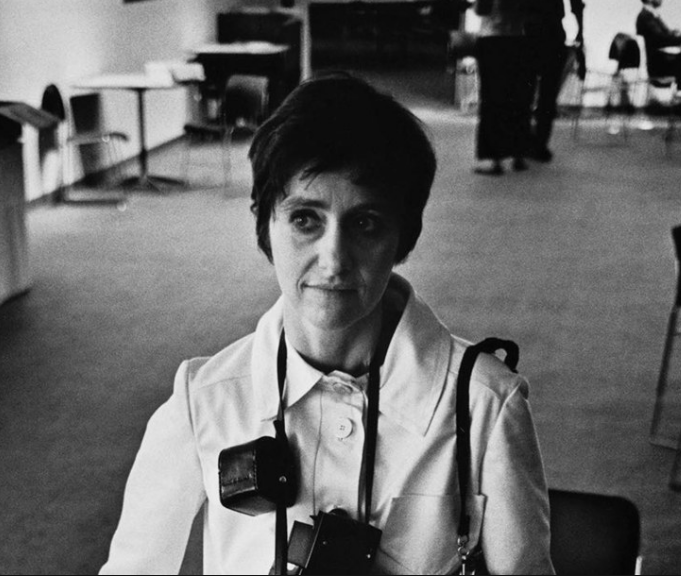Mother-in-law jokes might have gone out of style with the Edsel, but in Georgia, one mother-in-law tried to revive them, and took the gag a little too far. While her son was going through a messy divorce, Elizabeth Wall paid a visit to her soon-to-be-former-daughter-in-law, Jenna, and their two young sons. After taking the boys outside, she decided to truncate what looked to be a long, drawn out process: she shot Jenna four times, killing her. She pled to not guilty by reasons of insanity, but the jury wasn’t having it, and convicted her, handing down a life sentence.
In Burlington, Vermont, an advocate for “green” burials, died before he could have one himself. Jack Griffin wanted to be buried simply: Without a casket, in a shallow grave, where his body would quickly decay and become nourishment for new life. Vermont had legalized the process, but many cemeteries have resisted, and when Griffin became ill, he resigned himself to a more conventional, if less expensive, cremation., with his ashes placed in an elephant-shaped planter.
The New York Times belatedly honored 15 women who died without the imprimatur of a Times‘ obituary. Some, such as Henrietta Lacks, a woman whose cancer cells were harvested from her (without her or her family’s permission) then, in some lurid, granular reprise of slavery, bought and sold and used to help develop cancer therapies, are understandable. Her name and importance were unknown until Rebecca Skloot’s bestselling “The Immortal Life of Henrietta Lacks.” But Charlotte Brontë? Sylvia Plath? Diane Arbus? While it’s good to see the Times attempt to atone for their oversight, it’s hard to fathom how the Old Gray Lady didn’t appreciate the importance of their lives in the first place. The paper has started a forum where readers can nominate women whose deaths (and lives) have been overlooked.



Leave a Reply